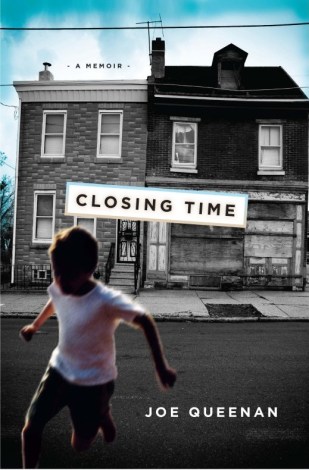 My reading of choice tends to be contemporary Philadelphia non-fiction — its true stories, histories and cultural anthropology.
My reading of choice tends to be contemporary Philadelphia non-fiction — its true stories, histories and cultural anthropology.
Across nearly all of this writing from the 20th and early 21st century is a very unexpected theme: someone growing up angry and put-on in some forgotten neighborhood and developing a very hateful relationship with their city.
Joe Queenan, the Irish Catholic, self-styled Horatio Alger character of northwest neighborhood East Falls, writes the king of these stories, from what I’ve read, in his 2009 childhood biography called Closing Time. The son of an abusive drunk and a withdrawn mother. Queenan writes of chasing dreams that he felt he could never find in Philadelphia.
Find ‘Closing Time’ on Google Books. Buy the book at Amazon.
He was mostly angry. A lot of contemporary Philadelphia writing is. But Queenan has a quick pen — the likes of which has won him the praise of all the big writing critics we’re supposed to respect. Some of those passages kept me reading, in addition to his perspective (however bitter, though, I suppose, he softens in the closing chapters).
I wanted to share some that have the most relevance to those interested in urban development — and strong writing.
Continue reading ‘Closing Time:’ Joe Queenan’s on growing up poor in East Falls


